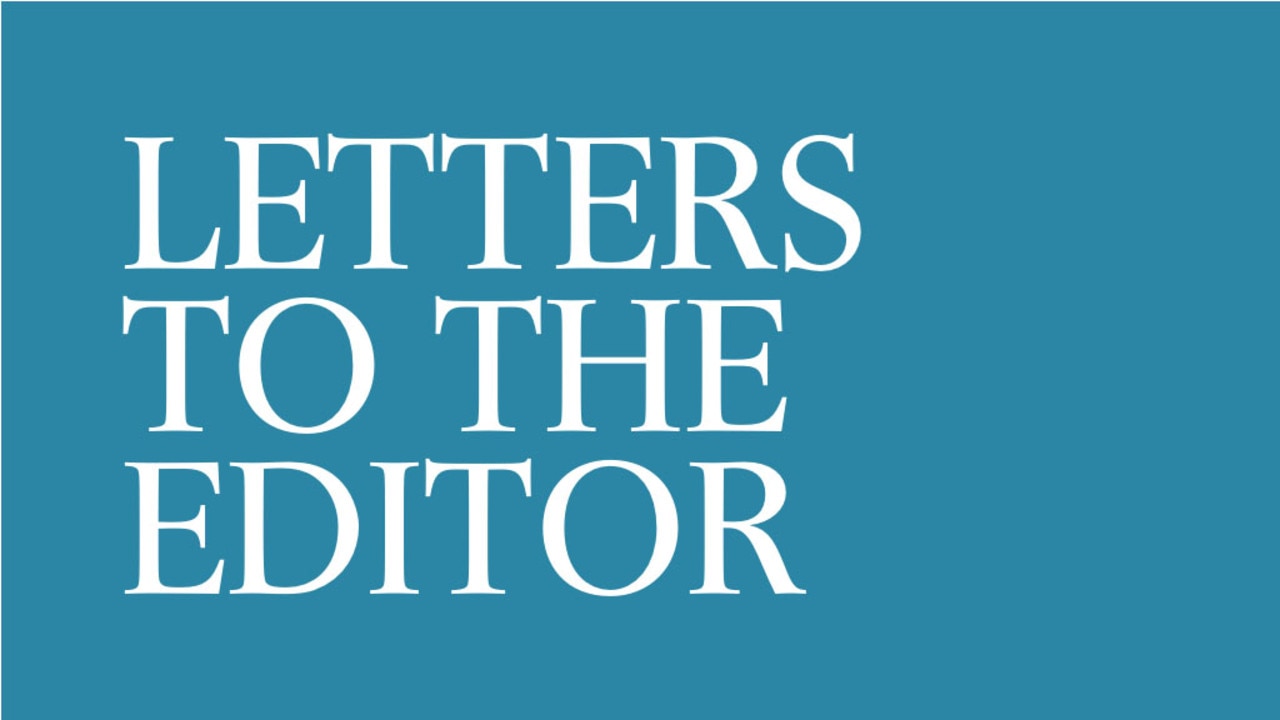Stop whining about GST carve-up, follow WA’s example
As a Queenslander I take small comfort in knowing that our government has wasted immense wealth and failed to deliver across the range of government promises. This is reflected in Tasmania, NSW, Victoria and the perennial flop, South Australia.
It appears that Western Australia is a state that used its pandemic isolation to its benefit, and has husbanded its resource booms and handled its distance and low population with skill. In addition to that we should recognise the wealth WA generates for the rest of us. If the WA windfall of $11bn in GST had been spread between the other states they would still be in debt, their projects would still be over budget and in arrears. Perhaps instead of pulling WA back, the other states could seek to emulate it.
Lawrence Shaw, Morningside, Qld
There is a lot of commentary that tax needs to increase and the debate is around the detail. But does it? In 2002 to 2003, just over 19 million Australians paid an average of a little more than $10,000 in federal tax for a total collect by Canberra of $204bn.
In 2023 to 2024, a touch under 27 million of us paid an average of just over $26,000 for a total collect by Canberra of $704.5bn – over 250 per cent more than 21 years ago.
I think that all of us chipping in 250 per cent more than we were 21 years ago provides Canberra with more than enough to do what it needs to do. The Reserve Bank’s Inflation Calculator advises that a basket costing $10,000 in 2003 would cost $17,000 in 2023 – far below $26,000. They don’t need any more; make what you take from us work better.
Chris Mangan, Bracken Ridge, Qld
South Australian Treasurer Stephen Mullighan would be on firmer ground if his allegations of preferential dealing, which he describes as “a massive free kick”, were based on factual evidence (“Labor states at war over GST sweetheart deal”, 26/6). The reality is that, with the recent adjustment of the “floor” under GST returns to Western Australia at 75 cents in the dollar in the 2024-25 financial year, WA received $7.8bn return of the $10.2bn it had paid in GST.
This means WA has forgone $2.9bn, which has been distributed to other states. As WA Treasurer Rita Saffioti observed, those other states should appreciate the fact that WA has been sufficiently industrious to generate the level of wealth that permits this sort of largesse.
As one of the main beneficiaries – South Australia receives 97 cents in the dollar return on its GST – Treasure Mullighan should be grateful to WA for its subsidisation of his less fortunate situation.
Bill Pannell, Dalkeith, WA
When any government conducts a review into its taxation, the consumer ends up paying more. Such is the case with Jim Chalmers’s next impossible attempt to balance the books. When the government overspends, we pay.
Tony Brownlee, Sydney, NSW
By arguing that WA should receive a lesser GST disbursement on the grounds that it has successfully developed and benefited from a resources sector that contributes to almost half of the nation’s export revenues, SA Treasurer Stephen Mullighan is adding yet another nail to the coffin of “reward for effort”, consistent with the anti-investment policies of federal Labor (“SA cries foul over WA’s sweetheart GST deal”, 26/6).
I suggest to Mullighan that he takes note of WA’s success and develops policies that encourage exploration, development and investment in the state’s abundant gas and minerals resources, rather than waste $billions on failing renewable energy that, through elevating energy prices to among the world’s highest, acts as a severe deterrent to investment
Ron Hobba, Camberwell, Vic
Matthew Cridland in his piece raises the prospect of taxing kilometres driven by road users as an alternative GST tax measure to replace registration and fuel tax charges as a means for taxing EVs and ICE vehicles equally (“Why wait for the feds? States should unite to reform GST”, 26/6). This proposal will impact regional residents disproportionately as we on average travel far greater distances than city dwellers to our jobs, shops, leisure, education, medical facilities, etc. Any such proposals would need to accommodate these intrinsic differences.
Maurie Esler, Monto, Qld



To join the conversation, please log in. Don't have an account? Register
Join the conversation, you are commenting as Logout